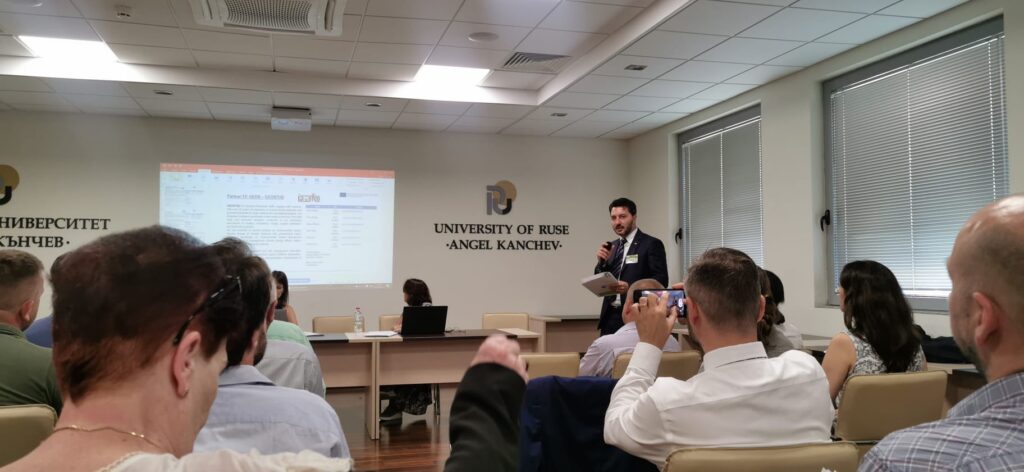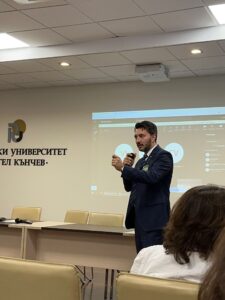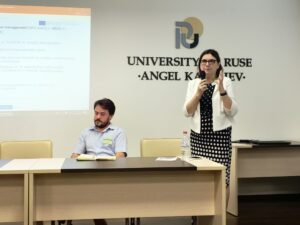
The DAnube WETlands RESToration (DaWetRest) Lighthouse is designed to develop and demonstrate concrete (pilot) solutions applied in the Danube Basin to address the challenges facing its inland and coastal wetland ecosystems, namely in terms of (i) biodiversity , (ii) water quality and availability, (iii) climate resilience and/or neutrality, and (iv) socio-economic benefits for local communities. These transformative and innovative solutions will be validated by local communities and key stakeholders at regional and European level.
 DaWetRest has the role of preparing and planning the replication, implementation and expansion of validated innovative solutions for the next phase of the mission. For this important purpose, the DaWetRest project proposes several powerful ideas, such as (i) building and selecting interventions based on extensive and previous know-how (related sites and non-EU experiences), (ii) interdependent integrated analysis at local, regional and basin level of the results of planned interventions, (iii) combining DaWetRest’s own data, models and digital tools with existing and future ones in order to create a centralized knowledge center in the future, and (iv) involving management authorities and a number of local actors throughout the process, starting from the beginning. Thus, the results of DaWetRest will accelerate and generalize the implementation of innovative solutions in the second phase of the Mission.
DaWetRest has the role of preparing and planning the replication, implementation and expansion of validated innovative solutions for the next phase of the mission. For this important purpose, the DaWetRest project proposes several powerful ideas, such as (i) building and selecting interventions based on extensive and previous know-how (related sites and non-EU experiences), (ii) interdependent integrated analysis at local, regional and basin level of the results of planned interventions, (iii) combining DaWetRest’s own data, models and digital tools with existing and future ones in order to create a centralized knowledge center in the future, and (iv) involving management authorities and a number of local actors throughout the process, starting from the beginning. Thus, the results of DaWetRest will accelerate and generalize the implementation of innovative solutions in the second phase of the Mission.
 The demonstration of innovative and result-oriented solutions is organized in 3 DEMOs: DEMO Middle Danube (MD), DEMO Lower Danube (LD) and DEMO Danube Delta (DD). Each DEMO provides key intervention sites, pilots, co-locations, replications, platforms/services, local stakeholder engagement and methodologies to strengthen innovation, knowledge and cooperation within and beyond DaWetRest, both in the Danube Basin and the whole of Europe. Through a well-established and representative consortium for the Danube basin, as well as an active cooperation, DaWetRest will provide innovative solutions for the protection and restoration of wetlands along the Danube, including in the Danube Delta. The active participation of local communities is essential in this project and will reinforce the message from a variety of interested entities (from public institutions, research centers and business representatives), emphasizing nature-based solutions as a priority in the success of this project. The results of the project will be transferred to the improvement of the quality of life of the inhabitants of the selected areas. The transfer and testing of the solutions outside the Danube basin is expected, in order to strengthen the objectives given by the Ocean Mission of the European Commission.
The demonstration of innovative and result-oriented solutions is organized in 3 DEMOs: DEMO Middle Danube (MD), DEMO Lower Danube (LD) and DEMO Danube Delta (DD). Each DEMO provides key intervention sites, pilots, co-locations, replications, platforms/services, local stakeholder engagement and methodologies to strengthen innovation, knowledge and cooperation within and beyond DaWetRest, both in the Danube Basin and the whole of Europe. Through a well-established and representative consortium for the Danube basin, as well as an active cooperation, DaWetRest will provide innovative solutions for the protection and restoration of wetlands along the Danube, including in the Danube Delta. The active participation of local communities is essential in this project and will reinforce the message from a variety of interested entities (from public institutions, research centers and business representatives), emphasizing nature-based solutions as a priority in the success of this project. The results of the project will be transferred to the improvement of the quality of life of the inhabitants of the selected areas. The transfer and testing of the solutions outside the Danube basin is expected, in order to strengthen the objectives given by the Ocean Mission of the European Commission.
